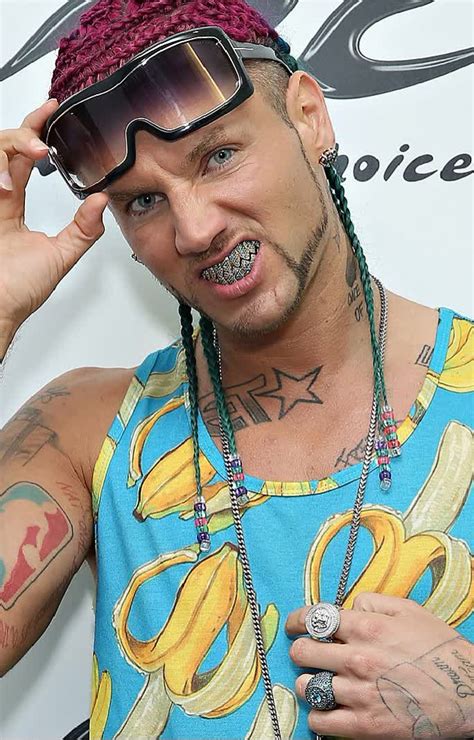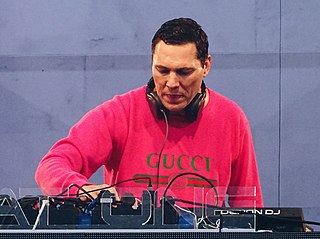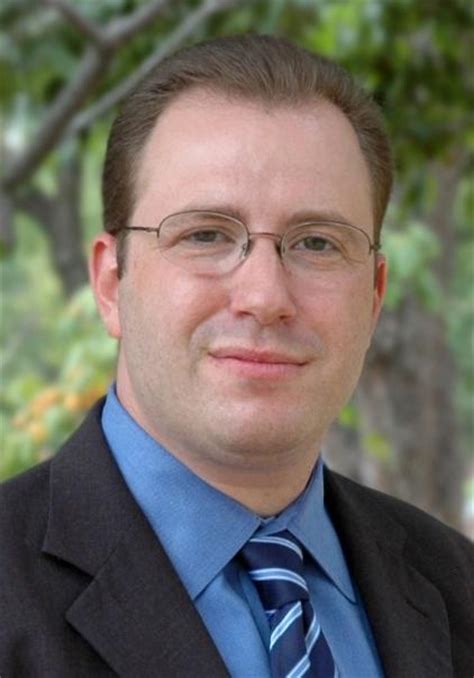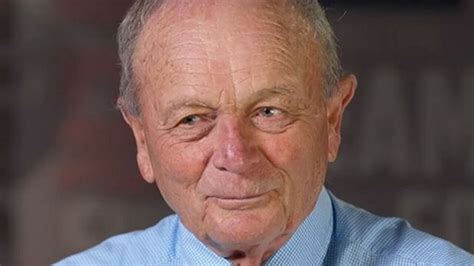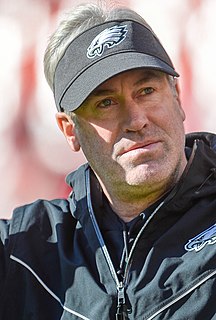A Quote by Psy
I was not familiar with the Internet thing. Honestly, you know with all kinds of Internet media, I was not that familiar. I was not that kind of guy. Accidentally, 'Gangnam Style' happened, and you have YouTube and all other sorts of stuff like Facebook and Twitter and so on. So after that, I learned and learned.
Related Quotes
I draw a distinction between freedom of the internet and freedom via the internet. In the first case, it's making sure cyberspace is not over regulated and people can say what they want without fear of repercussions. But that's different from this freedom via the internet notion, which is often touted by all sorts of conservatives and neoconservatives who want young people in the Middle East and elsewhere in the world to use Facebook and Twitter and then go oppose their governments.
The thing I have learned, especially in the Internet age, probably the easiest thing in the world is to declare that something is not funny. I mean it's not actually humor to say something is not funny, but it is viewed by a lot of people - and by that I mean mainly snarky young Internet men - as a kind of humor in and of itself is putting down other people's efforts at humor. And I don't care that much anymore about that because I know how easy that is to do.
He shifted over without comment, lifting the blankets, and I scrambled into the warm sheets beside him. He smelled like soap and sleep and bare skin. He smelled familiar. Not the deja vu familiar of Guy or Mel. Familiar like...the ache in your chest of homesickness, of longing for harbor after weeks of rough seas or craving a fire's warmth after snow--or wanting back something you should never have given away.
It is true that authoritarian governments increasingly see the internet as a threat in part because they see the US government behind the internet. It would not be accurate to say they are reacting to the threat posed by the internet, they are reacting to the threat poised by United States via the internet. They are not reacting against blogs, or Facebook or Twitter per se, they are reacting against organizations like the National Endowment for Democracy funding bloggers and activists.
I love Twitter, you know? I try to read everything I can on Twitter. You get so much nice feedback about stuff, you know you just put out a sentence and everybody laughs or everybody's just sending something back. It's amazing. Same with Facebook, you know? I'm a lot on Facebook and it's just - it's just amazing. And YouTube, of course, as well.
Social media is important, but it does not bring down governments. Governments can shut down the Internet. Governments can control media access. If they do what the Tunisians did and try and negotiate with the opposition, then the media's still open, the international community can learn what's happening in the country, and then that can provide inspiration. But in mid-2009, the Iranian regime just shut down the Internet. Facebook went dark. Twitter went dark. BBC Persian, Voice of America, Persian News Network all went dark. That was it.
Most kids come home from school. They don't go to their TVs first. They go to the Internet. They check their emails, or some blogs, or some sites. Then they go watch TV. Other people are at work all day 9-5 in front of a computer. They see certain clips. We're not going to hide the fact that people use the Internet. We're going to try to be as interactive as possible with our fans. I'm currently on Twitter and Facebook and Flicker and Dig. I'm on all that stuff.
PR got to be much bigger because of the emergence of digital media. Now we have hundreds of people who are, in a sense, manning embassies for Facebook and Twitter for brands. So the business in effect has morphed from pitching stories to traditional media, to working with bloggers, Twitter, Facebook and other social media, and then putting good content up on owned websites.



